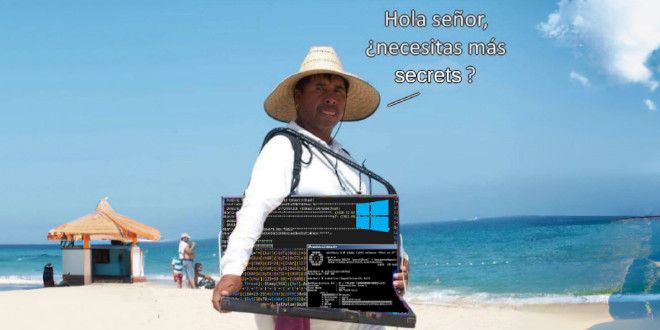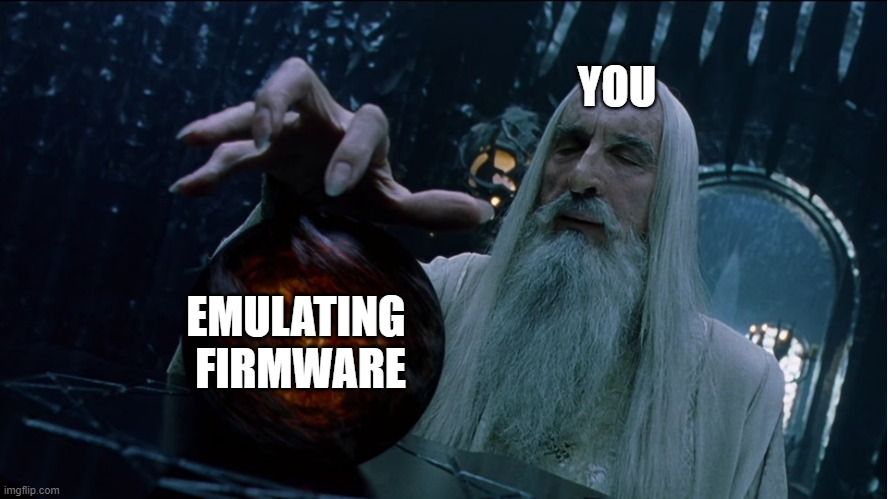- ITSEC Newsletter
- Posts
- ITSEC Newsletter 2023-04-27
ITSEC Newsletter 2023-04-27
"After compromising a Windows host and having obtained local administrator privileges, secrets extraction is usually the first step performed to elevate privileges in the context of an Active Directory domain or to perform lateral movements inside an internal network. This article will describe each of them, the information they contain, available tools to recover them and the existing detection risks."
"During a security audit, I discovered an easy-to-miss typo that unintentionally failed to enable _FORTIFY_SOURCE, which helps detect memory corruption bugs in incorrectly used C functions. We searched, found, and fixed twenty C and C++ bugs on GitHub with this same pattern."
"Password recovery tool hashcat ships with a bunch of great rules, but have you actually looked at them? Being familiar with the built-in rules can help enhance your cracking capabilities and enable you to choose the right rule or rule combination."
"It's a great tool for hackers or security researchers. You may have come across situations where you want to test the security of a hardware product, but don't have the physical device on hand. In these cases, using a hardware emulator like QEMU can come in quite handy. By allowing users to run embedded devices/programs in a controlled environment, QEMU in conjunction with pwndbg can help identify and fix bugs, as well as facilitate reverse engineering and other forms of code analysis."
"Sleep obfuscation is a really cool technique that has been around for a bit now. I spent the past few months digging into it and C. As defensive software has become more capable, along with defensive proof of concepts become more advanced, so must the techniques we implement into our payloads/implants/whatever. The goal of this post is to break down this technique, specifically, the Ekko sleep obfuscation implementation by C5pider, and modify it to bypass the tool Hunt Sleeping Beacons."
Unrelated, but please support Ukraine.





